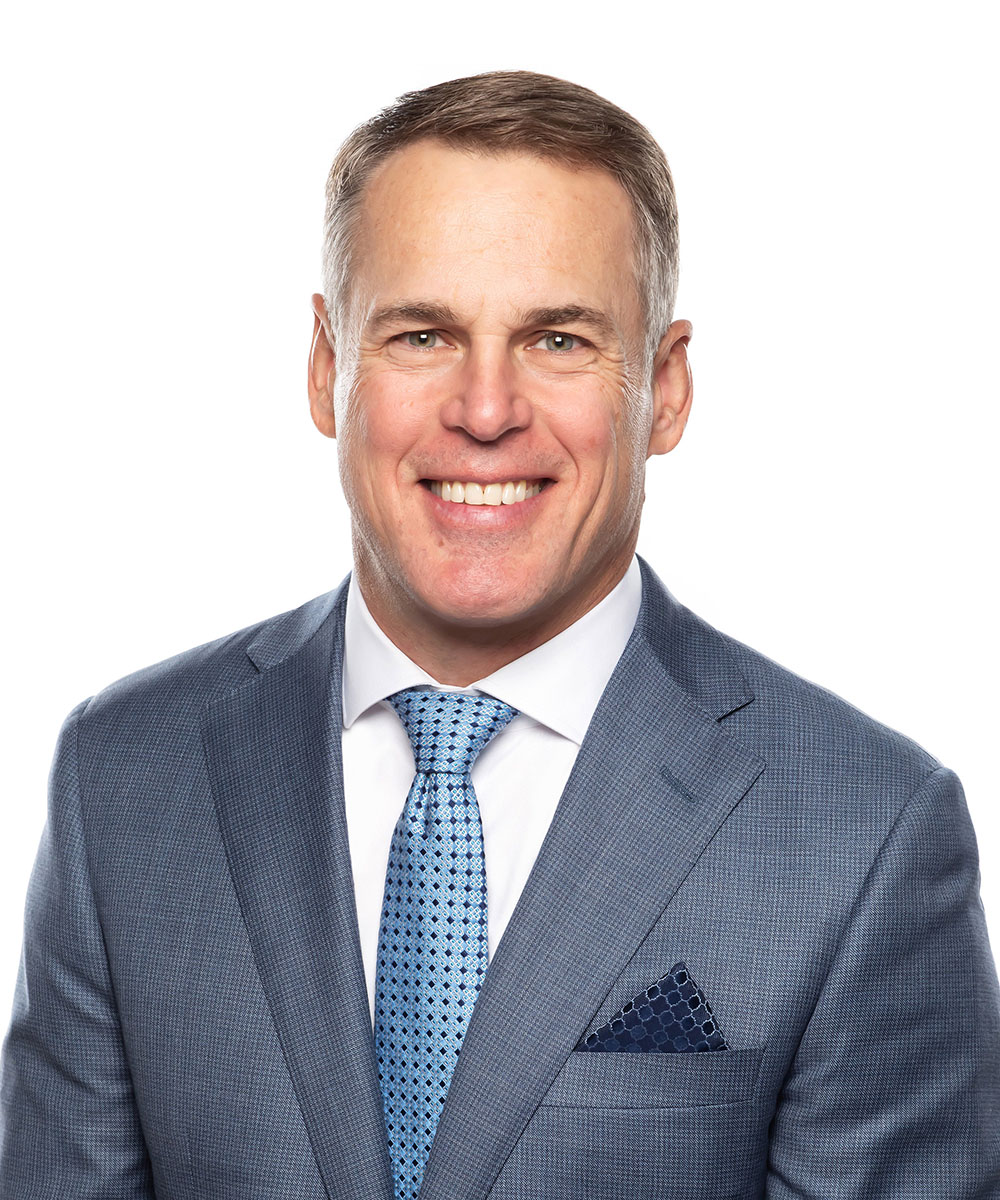
Estate planning starts with the why: aligning strategy with purpose
Estate planning is often seen as a technical exercise. Trusts, wills, life insurance, tax strategies—these are the strategies that come up first in conversation. But in my experience, the best estate plans don’t begin with structures and documents. They begin with the “why.”
Before you decide how to pass on wealth, you need to uncover what you want that wealth to accomplish. Do you want to create security for your spouse? Support children or grandchildren in specific ways? Make a lasting impact through philanthropy? These are the conversations that shape the direction of an estate plan.
That clarity is where the real value—and peace of mind—comes from.
Why comes before how
I’ve watched families dive into setting up trusts or purchasing life insurance before they’ve taken the time to define their goals. It’s a bit like buying a brand-new set of tires without knowing if they’ll fit your car. They might be excellent tires—but if they don’t match your needs, they won’t get you where you want to go.
When we start with the “why,” we get to the heart of the plan. Each of your goals requires a different approach. A plan’s value depends on how well it aligns with its objectives.
Creating value in complexity
We often say we shine brightest where complexity exists. That’s because complexity creates opportunities that require clarity. For many professionals, entrepreneurs, and high-net-worth families, their financial picture isn’t straightforward. Income can flow from corporations, partnerships, investments, or multiple properties. Taxes and estate issues can add even more complexity.
Even highly educated people—lawyers, accountants, doctors—sometimes don’t know what they don’t know. They may assume their situation is “pretty simple,” when in fact it isn’t. Our role is to help uncover those blind spots and create order where there’s potential for confusion.
The “why” helps us navigate the complexity. It gives us a compass. Once we know the direction you want to go, the structures, investments, and insurance strategies fall into place naturally.
Seeing life insurance through the lens of ‘why’
Life insurance is a good example of why starting with the “why” is so important. Most people don’t like the idea of life insurance. It feels like a cost, or something being “sold” to them. But when viewed through the lens of purpose, the conversation shifts.
If your goal is to make sure your spouse can stay in the family home, or to ensure your children inherit wealth without tax burdens, life insurance is one of the best ways to go. It provides liquidity when it’s needed most. It delivers clarity in the middle of grief. It turns a difficult time into something a little easier to bear.
Beyond immediate needs, life insurance can also play a longer-term role in building a legacy. Whether it’s funding education for the next generation, equalizing inheritances between children, or leaving a charitable gift, the right policy ensures your intentions are carried out exactly as you planned. When tied to a clear objective, life insurance becomes less about buying a product and more about creating impact that lasts well beyond your lifetime.
Common estate planning mistakes
Even with the best lawyers and accountants involved, I often see the same mistake: families implement strategies without connecting them to the bigger picture. Trusts are created, wills are written, corporations are structured—but no one has asked the simple question: What are we trying to accomplish?
Without answering that question, strategies risk becoming disconnected pieces. A trust, for example, may be perfectly valid on paper, but if the family doesn’t understand why it exists or how it serves their goals, it may never fulfill its true purpose.
How to uncover your why
The first step is conversation. Estate planning is about talking openly about values, hopes, and fears.
Some questions I ask include:
- What are you trying to achieve ? What are your main objectives?
- What kind of legacy do you want to leave?
- Who do you want to benefit most from your wealth?
- Are there family dynamics or challenges that should be considered?
- Do you want to give during your lifetime, or primarily at death?
- What role do you want philanthropy to play?
These are not technical questions. They are human ones. But once the answers are clear, the technical solutions become obvious.
The role of a financial planner
Estate planning works best as a team effort. Lawyers draft the legal documents. Accountants provide tax guidance. Our role as financial planners is to sit at the centre of that circle, making sure the pieces fit together and reflect your purpose.
At Sylvain Morin & Associates, we listen, we clarify, and then we build. We bring accountability and pragmatism, which is why we work so well with lawyers, engineers, accountants, and professionals who value precision and practical solutions.
It’s less about what it is and more about what it does.
Turning vision into clarity
The most rewarding part of estate planning is seeing families gain confidence. When parents know their children are protected, when spouses feel secure, when wealth transfers happen smoothly across generations, that’s when we know the “why” has guided the “how.”
If you’re beginning to think about your estate, resist the urge to start with strategies. Instead, pause and ask yourself: What do I want my wealth to accomplish?
The answer to that question will shape everything that follows.
At Sylvain Morin & Associates, we work with families, professionals, and business owners to uncover that “why” and build estate strategies that truly fit. With the right clarity, your wealth becomes a lasting reflection of your values, your family, and your life’s work.
Based in Halifax, Sylvain Morin helps high-net-worth families and professionals create estate and wealth strategies that bring clarity, confidence, and peace of mind.
This is a general source of information only. It is not intended to provide personalized tax, legal or investment advice, and is not intended as a solicitation to purchase securities. Sylvain Morin is solely responsible for its content. Seek advice on your specific circumstances from an IG Advisor. Trademarks, including IG Wealth Management and IG Private Wealth Management, are owned by IGM Financial Inc. and licensed to subsidiary corporations. Insurance products and services distributed through I.G. Insurance Services Inc. Insurance license sponsored by The Canada Life Assurance Company.

